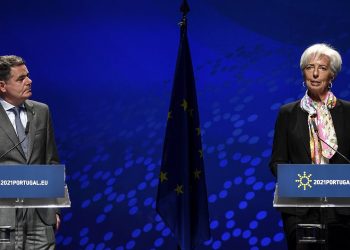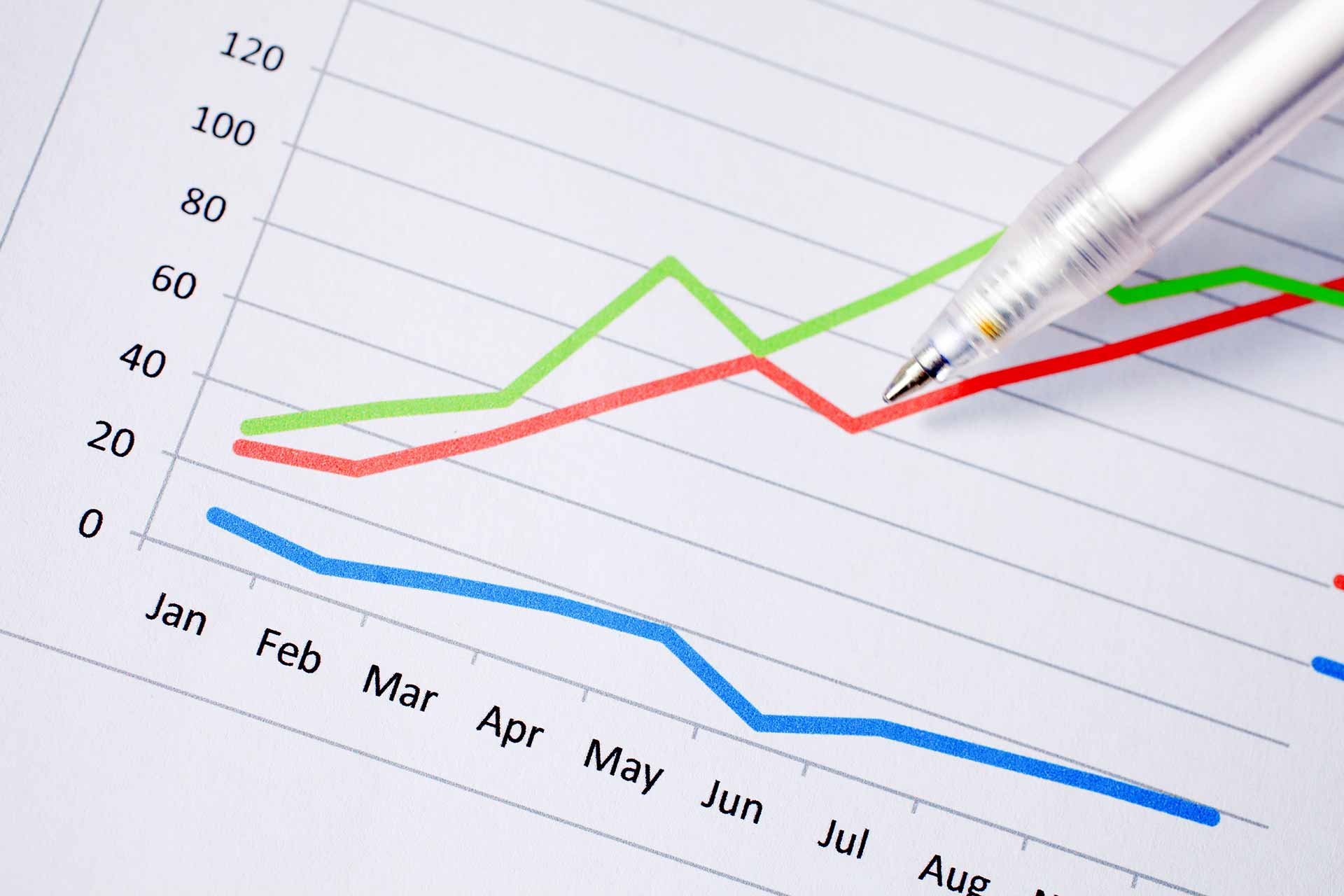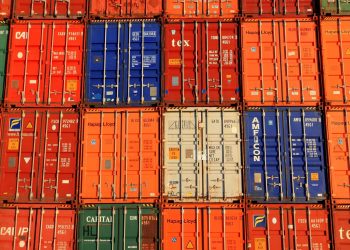European Anti-Fraud Office (OLAF) is in smooth collaboration with the new European Public Prosecutor’s Office (EPPO). New rules adopted by the European Parliament strengthen the role of OLAF.
The EPPO is expected to start work in early 2021. The revised Regulation 883/2013 is the so-called OLAF Regulation. It sets out how OLAF will work in tandem with the prosecutors in the EPPO. The cooperation ensures that EU funding is well protected. Laura Codruta Kovesi is the first head of the European Public Prosecutor’s Office.
Johannes Hahn, Commissioner for Budget and Administration, said: “We start a new budgetary period in 2021 and have made available significant funds to help the EU recover from the impact of the pandemic. We owe it to our citizens and businesses to make sure every cent is spent in line with the rules. The reinforced powers for the Anti-Fraud Office OLAF, the arrival of the European Public Prosecutor’s Office and the coordination of work across the entire EU-anti fraud architecture to identify, investigate and prosecute fraudsters are a major step forward in protecting the EU’s financial interests.”
OLAF and the EPPO will both work to protect the EU’s financial interests. Their roles are complementary. The EPPO’s mandate covers 22 of the 27 Member States, and it will focus exclusively on criminal investigations and prosecutions. OLAF on the other hand will continue to operate across the entire EU. OLAF has today a wider focus that includes investigating also non-criminal cases affecting the Union`s financial interests as well as serious misconducts in the European institutions.
The new rules establish in particular how European Anti-Fraud Office OLAF and the EPPO will work together from day one. They include:
- Clear rules on reporting so that no case goes unnoticed: OLAF will report to the EPPO every case considered to fall within the remit of the prosecutor’s office, while the EPPO will inform OLAF of cases concerning illegal activity affecting the EU budget that fall outside its mandate;
- Clear definition of the complementary roles of the two offices: OLAF will focus on the measures necessary to recover defrauded money or on administrative measures to protect the budget from fraud, while the EPPO will focus on conducting investigations to establish criminal responsibility.
The revised Regulation also strengthens the way European Anti-Fraud Office OLAF can conduct its own investigations:
- Streamlined rules for on-the-spot checks and inspections to allow it to exercise its investigative powers in a more effective and coherent manner in all Member States;
- New rules on access to bank account information, which is often crucial in fraud investigations, by OLAF via national competent authorities;
- Reinforced rules on the anti-fraud coordination services in the Member States and on the cooperation between OLAF and national competent authorities before, during and after an investigation;
- Stronger guarantees for persons concerned by OLAF investigations through the creation of a controller to handle complaints concerning the application of procedural guarantees and the rules that apply to investigations, as well as the access by the person concerned to OLAF‘s final report in the case of investigations that end in judicial recommendations.

The New OLAF Regulation
On 23 May 2018, the Commission adopted its proposal to amend the OLAF Regulation with two main objectives:
- to allow OLAF to adapt its work in light of the creation of the EPPO and
- to enhance the effectiveness of OLAF‘s investigations.
The Council adopted its position on the new rules on 4 December. The adoption by the European Parliament means the revised Regulation can now be published in the Official Journal of the European Union. It will enter into force on the 20th day following the date of publication in the OJ.
The specific provisions on the relationship with the EPPO will apply from the date when the EPPO assumes its investigative and prosecutorial functions. It will happen in early 2021.















